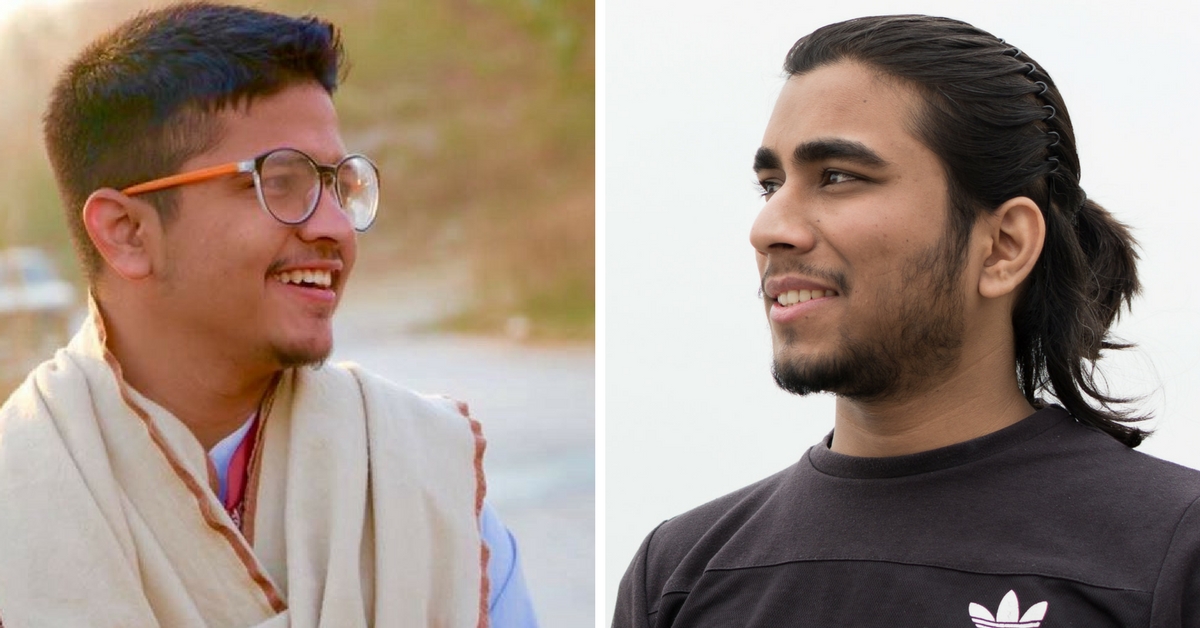In India we still love our neighbours, despite rampant urbanization leading to the weakening of such familial ties of yesteryear.
They are the ones who keep an eagle’s eye when we are out of station, who provide ‘ek cup shakkar’ when unexpected guests arrive, who share their newspapers, recipes and gardening tips and who provide constant entertainment through their fights and vice versa. We are divided by concrete spatial structures but united by porous walls and wide-open windows.
However, can the same be applied to our neighbouring nations?
Amid constant simmering tensions between India and Pakistan, ‘Love Thy Neighbour’ might be too much to ask. However, ‘understand thy neighbour’ may be manageable.
It is expected that even the mention of India and Pakistan in the same sentence anywhere, let alone the internet, might lead to emotional outbursts; especially in a time when the geopolitical situation in the region seems to be more precarious than ever. However, that is not the case with ‘Bolti Khidki‘ (Speaking Window), a Facebook page that share stories of partition from either side of the border.
When you look through this Speaking Window all you can see is heartfelt declarations of love and peace. Here, contrary to the common perception, technology is not severing the bonds between humans, but instead rejuvenating it.
Hearkening back to the familiar feeling of neighbourly love, Faisal Hayat (19) from Rawalpindi and Sandeep Dutt (22) from Ludhiana began ‘Bolti Khidki’.

“As India-Pakistan are two neighbor houses and Bolti Khidki is narrating the stories of those people who have been swapped at one time in these houses. So it is a window with whose help, people can see a different view of their neighbor’s house,” says Sandeep, who is an Information Technology (IT) student, and is into art, literature and cinema.
He credits Sardar Prem Singh Bajaj, a retired principal and his Urdu Teacher at Punjabi Bhawan, Ludhiana, for forcing him to think about partition and the stories that come with it:
“Bajaj sir forced me to think about what other people from the Partition are doing right now. Where are they? What did they suffered? Why did they remain anonymous to our generation? Why does my generation know nothing about the sacrifices done by our ancestors?”
He then approached Faisal, a journalism student who he met through the Facebook group ‘Aman ki Asha’, who readily agreed to be part of the initiative. Since they felt their English language capacity was limited, they roped in Ritika Sharma (26), an IELTS English teacher as Editor/Mentor. The team also consists of Rajat Ahuja (26), a Graphic Designer and Najam Ul Assar (24) who works on their Volunteer Program. Through the program, they hope to share their story-collecting burden with like-minded individual.
So, how is their initiative different from the ‘1947 Partition Archive’, which too documents stories from partition, but much more vigorously?
It seems they were not aware of them until after they started the page.
“They are doing excellent job in saving oral history in video format. But our main focus is on sharing this history with the people, specifically the current generation[…]Our main objective is to take these stories to current generation and make them realise that it is important to save this history, so that they can also help us with the help of social media,” says Sandeep.
You may also like: Pakistan, Thanks for Defeating Us! An Open Letter by an Indian Cricket Fan.
Indeed, for a page that is less than 3 months old, it has already garnered more than 7,000 likes and same amount of followers, on Facebook. They share a partition story from India on Monday and from Pakistan on Friday. Significantly, they have kept the page apolitical and want it to remain as such.
“..discussion on politics will only end up only in finger pointing and name calling from both sides” is Sandeep’s firm belief.
It cannot be denied that this apolitical nature has contributed to the success of the page. People show solidarity with their fellow human beings’ suffering. The nation’s name at the end of the story becomes irrelevant. Pages like Bolti Khidki humanizes people who we are taught to see as enemies. It reconciles us with the history that might be painful, but one that we cannot afford to forget, lest we repeat the same mistake.
For that reason alone, Speaking Window should never stop speaking out.
Here are two stories from the ‘Bolti Khidki’:
Do you or anyone you know have a partition story to share? You can contact Bolti Khidki here.
Like this story? Or have something to share?
Write to us: contact@thebetterindia.com
Connect with us on Facebook and Twitter.
NEW: Click here to get positive news on WhatsApp!
If you found our stories insightful, informative, or even just enjoyable, we invite you to consider making a voluntary payment to support the work we do at The Better India. Your contribution helps us continue producing quality content that educates, inspires, and drives positive change.
Choose one of the payment options below for your contribution-
By paying for the stories you value, you directly contribute to sustaining our efforts focused on making a difference in the world. Together, let's ensure that impactful stories continue to be told and shared, enriching lives and communities alike.
Thank you for your support. Here are some frequently asked questions you might find helpful to know why you are contributing?
